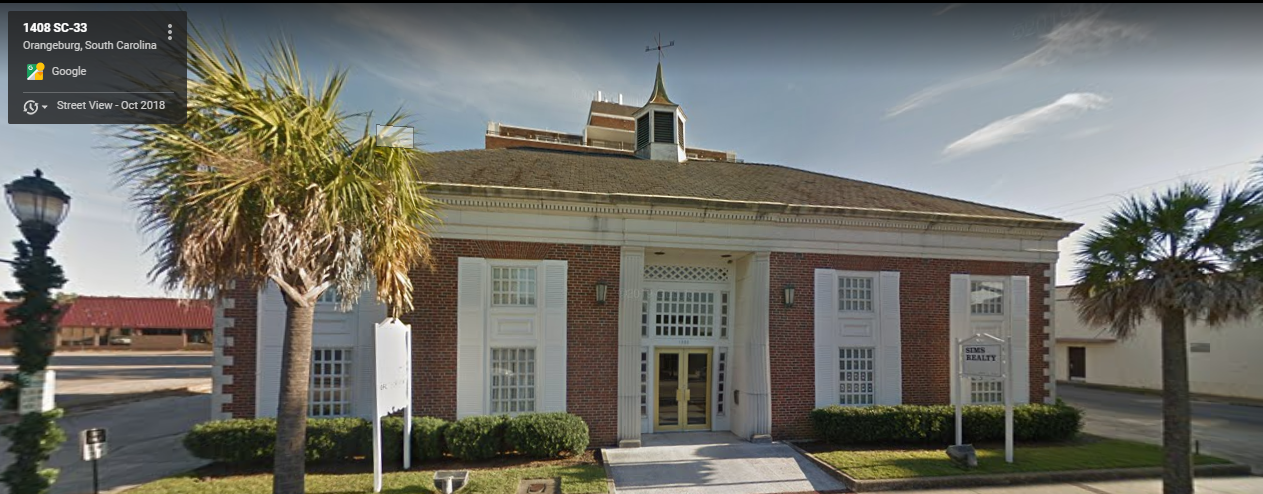Deposition Considerations in Personal Injury and Beyond

Depositions can be the least “fun” part of litigation. They will normally come will into the litigation, after a complaint is filed and then answered (and potentially filed counterclaims), and after interrogatories and production of documents have been exchanged. With the exception of a potential motion for summary judgment, Depositions are the last part of discovery before mediation. Depositions help determine success in mediation, as the other side has had the opportunity to evaluate a party’s credibility and sympathy to a jury. The deposition can be used at trial for impeachment, and therefore becomes critical for trial. What are the keys to success at Deposition? On the day of deposition, it's usually best to dress conservatively and show a controlled demeanor, remembering that the opposing counsel is constantly considering how credible you will come off to a jury. It's important to know that once a deposition starts you cannot speak with your attorney until the deposition ends. At the same time, you have the ability to take time with thinking about and answering questions. Additionally, any time you need a break you can ask for it. Remember that when the deposition goes "on the record", everything spoken will be recorded by the court reporter. You must be prepared to speak clearly and never rely on non-verbal responses (like nodding your head for yes). Be prepared for insulting questions, like "have you ever been arrested (or seen a psychologist, etc.)", but know that much of what's answered during deposition will not get into trial. Do not get distracted by your attorney objecting to the form of questions, as you must normally still answer the question even if it cannot be used at trial (sometimes your attorney may say: Don't answer that question as in the case of a question about attorney/client privilege information) Assume the other side knows the truth when asking the question. Do not get angry. A primary reason to depose a party is to evaluate the person. How will the person will look in front of a jury with respect to likeability and credibility? Will that person "lose it" with uncontrolled anger (which would be perceived negatively by the jury)? Does the person come across as insincere or defensive? An additional objective is scrutinizing the person for inconsistencies to known facts or prior statements. Contradictions can and will be used for impeachment at trial, and could be the primary determiner at mediation or summary judgment. A person is evaluated in what is remembered, as a lack of direct knowledge or memory of critical facts becomes critical in litigation. A person facing deposition in South Carolina should spend time reviewing prior events and statements, including through a review of personal notes and other memorializations. Telling the truth, including and not being caught with inconsistencies with facts or prior statements, is the top priority. After reviewing every record available, it's important to practice being deposed with the hard potential questions. Remember that it’s always perfectly acceptable to say "I don't recall". Practicing a deposition will help catch any potential inconsistencies. Learn during deposition practice to only answer questions asked during deposition. Let the other attorney do his job in eliciting information. As I tell clients "don't do the other lawyers job for him be talking beyond the question". Come across as pleasant with the other attorney before and during the deposition, but remember you are not his friend (this goes for any discussions with the opposing attorney outside of deposition like small talk before and after). He is there to do a job, and has nothing personal against you but has the duty to zealously represent his client. Follow your attorneys advice and demand he spend some time getting you ready by asking hard questions. Depositions will never be fun, but with proper preparation the deposition can be where you win your case.
Last modified on Wednesday, 12 May 2021 11:21
Bill Connor
 Orangeburg Attorney Bill Connor received his Bachelor of Arts from The Citadel in 1990, and after serving for over a decade as an Infantry Officer in the U.S. Army, including three deployments to the Middle East, he received his Juris Doctorate from The University of South Carolina in 2005. In 2012, Bill was honored to receive an AV® Preeminent™ Peer Review Rating by Martindale-Hubbell®, the top peer rating for American lawyers. Receiving this rating at such an early point in his career is unheard of among lawyers.
Orangeburg Attorney Bill Connor received his Bachelor of Arts from The Citadel in 1990, and after serving for over a decade as an Infantry Officer in the U.S. Army, including three deployments to the Middle East, he received his Juris Doctorate from The University of South Carolina in 2005. In 2012, Bill was honored to receive an AV® Preeminent™ Peer Review Rating by Martindale-Hubbell®, the top peer rating for American lawyers. Receiving this rating at such an early point in his career is unheard of among lawyers.






